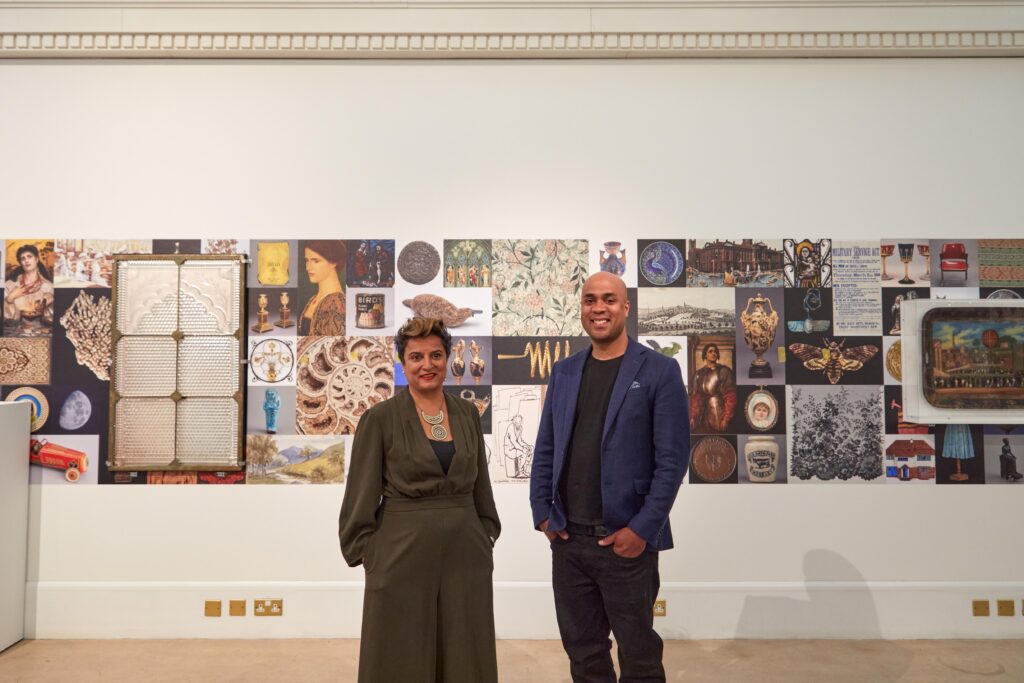
Many in the UK cultural sector will already be familiar with co-leadership in the form of the Artistic Director / Executive Director co-CEO model which theatres have used for nearly 50 years. Co-leaders share overall responsibility for organisational strategy and performance, whilst each also leads different areas. This model evolved as the management of cultural organisations became more complex in the late 1980s and ensures the overall strategy balances artistic and business considerations.
The recent past has seen an explosion in interest in co-leadership across other sectors internationally and new experiments in co-leadership in the UK cultural sector in response to an increasingly challenging operating context and an urgency to increase diversity. Recent adopters of co-leadership in the cultural sector are experimenting with less familiar models including co-CEO part-time job-shares; co-CEO models that avoid the executive/artistic binary and co-AD models. Across the UK cultural sector organisations are recruiting co-leaders for the first time, for example the appointment of Zak Mensah and Sara Wajid at Birmingham Museums Trust who are the first co-CEOs of a major museum group. The Royal Shakespeare Company announced the appointment of its first co-Artistic Directors in 2022, following a growing trend that includes Clean Break, Royal Exchange Manchester, Diverse City and Paines Plough among others. Sometimes co-leaders job-share, working part-time around caring/parenting responsibilities or external artistic projects, other times the co-CEOs are both full-time roles.
Internationally co-leadership is beginning to be viewed by commentators in healthcare, higher education, business, and non-profits and as a vehicle for enabling greater diversity in leadership. Others go further still, suggesting co-leadership enables a more inclusive organisational culture and offers an alternative to highly gendered leadership norms. In the business sector co-leadership has been found to offer competitive advantage and improved profitability and performance by widening the leadership capabilities and perspectives available to organisations facing unparalleled challenges in this VUCA (volatile, uncertain, complex and ambiguous) operating environment.
This autumn I received support from the Clore Leadership Programme and Arts and Humanities Research Council to undertake research explored the potential of co-leadership to increase leadership diversity.
Join us online for a panel discussion exploring how co-leadership works on 14 March, chaired by Sandeep Mahal MBE and including speakers from four of the case study organisations:
Euella Jackson – co-Director of Rising Arts Agency
Niels de Vos – Chair, Birmingham Museums Trust
Anna Herrmann – Artistic Director and join CEO, Clean Break Theatre
Parminder Dosanjh and Sajida Carr – Co-Directors, Creative Black Country
I’ll be launching a new User Guide including advice for boards on the 14th March – in the meantime if you’d like a copy of the full report, or Executive Summary, you can find this below.
